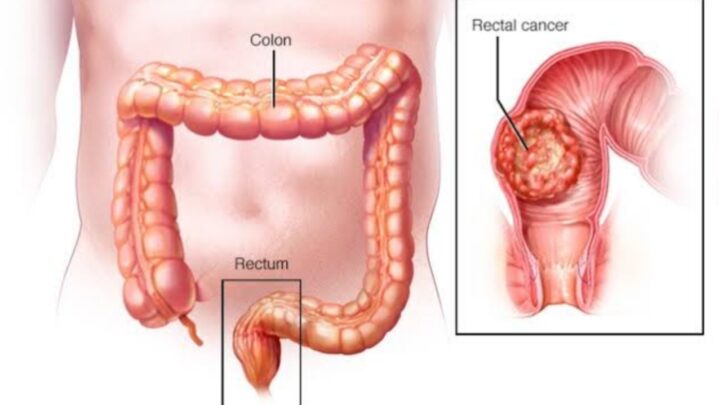The next step after being diagnosed with rectal cancer is to assess the extent of the malignancy (stage). The stage of your cancer influences your prognosis and treatment options.
Staging tests comprise the following:
Complete blood count (CBC)
The number of different types of cells in your blood is reported by this test. A CBC shows you whether your red blood cell count is low (anemia), which suggests that a tumor is causing blood loss. A high quantity of white blood cells indicates infection, which is a risk if a rectal tumour grows through the rectum’s wall.
Blood tests to measure organ function
A chemistry panel is a blood test that analyses the concentrations of various substances in the blood. The presence of abnormal amounts of several of these compounds may indicate that cancer has progressed to the liver. Other compounds in high concentrations may signal problems with other organs, such as the kidneys.
Carcinoembryonic antigen (CEA)
Tumor markers, which can be detected in blood, are sometimes produced by cancers. One such marker, carcinoembryonic antigen (CEA), may be elevated in colorectal cancer patients. CEA testing is especially beneficial for tracking your response to treatment.
CT scan of the chest.
This imaging examination determines whether rectal cancer has spread to other organs like the liver and lungs.
MRI of the pelvis.
An MRI provides a thorough image of the muscles, organs, and other structures that surround a rectum tumour. An MRI can also reveal lymph nodes around the rectum as well as distinct layers of tissue in the rectal wall.
Your doctor will use the results of these tests to determine the stage of your cancer. Rectal cancer stages are denoted by Roman numerals ranging from 0 to IV. The lowest stage denotes cancer that has spread to the lining of the rectum. By stage IV, the cancer is considered advanced and has spread to other parts of the body (metastasized).
Also Read: Tips To Prevent Rectal Cancer





